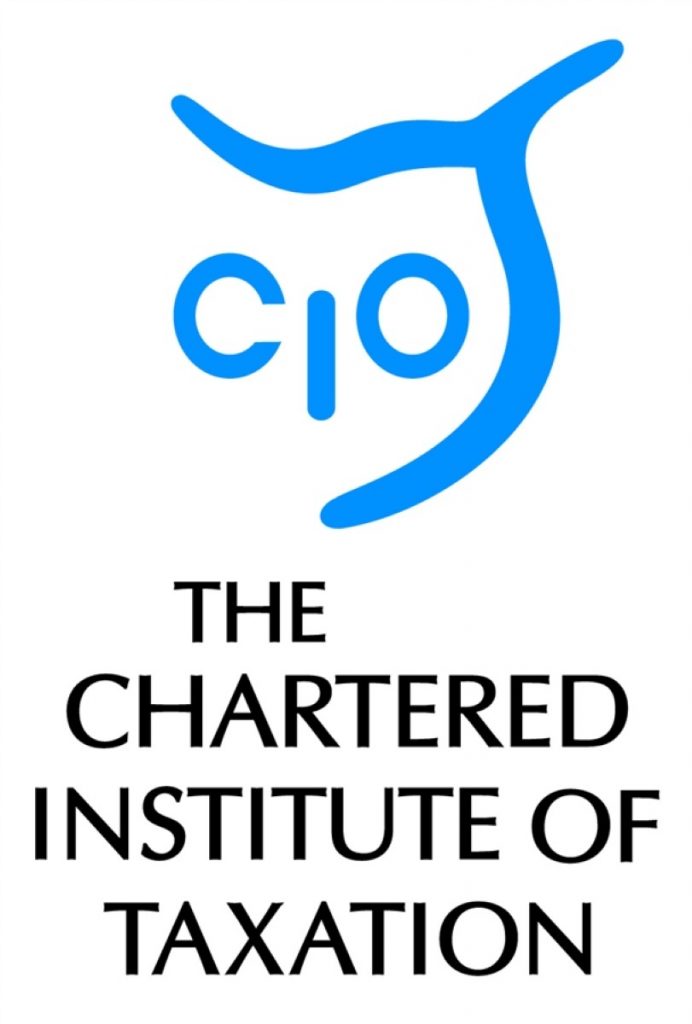Tax must be levied accordingly to the law, not by code or intention, says Chartered Institute of Taxation
The Chartered Institute of Taxation (CIOT) has submitted its response to the HM Revenue & Customs (HMRC) consultation document ‘A Code of Practice on Taxation for Banks’, issued on 29 June 2009.
The CIOT has considerable concerns about the proposed code of practice (COP). Andrew Hubbard, President of the CIOT, said:
“We have always had a consistent stance of upholding the rule of law in taxation; we do not think wider agendas about the banking industry – on which we are not qualified to comment – should erode that key principle. We strongly oppose a code that tries to override statute as the governing force of taxation in the UK.”
The CIOT has long objected to ‘taxed by law, untaxed by concession’; the CIOT similarly opposes a code that seems to attempt to ‘tax by code that which is untaxed by law’. Taxing statutes should reflect the intention of Parliament; if they do not, then Parliament should change the law so the two are in accord. A modern tax system needs to give its users certainty and that must flow from well-drafted tax statutes.
John Whiting, Tax Policy Director of the CIOT added:
“If the code is to go ahead, there must also be comparable obligations on HMRC to operate the tax system in accordance with Parliament’s intentions. And if this is to be a voluntary code, it should be for HMRC to adjust their approach, not penalise those who do not adopt it.”
For further information please contact John Whiting on 020 7340 0591 or George Crozier on 020 7340 0569. Email gcrozier@ciot.org.uk.
Notes to Editors
1) The HMRC consultation document ‘A Code of Practice on Taxation for Banks’ was foreshadowed in the Chancellor’s April Budget and was issued by HMRC on 29 June 2009. It is available at http://www.hmrc.gov.uk/consultations/index.htm.
2) The CIOT’s response to the consultation was submitted on 22 September 2009 and is available at http://www.tax.org.uk/showarticle.pl?id=8285;n=3794.
The Chartered Institute of Taxation
The Chartered Institute of Taxation (CIOT) is a charity and the leading professional body in the United Kingdom concerned solely with taxation. The CIOT’s primary purpose is to promote education and study of the administration and practice of taxation. One of the key aims is to achieve a better, more efficient, tax system for all affected by it – taxpayers, advisers and the authorities.
The CIOT’s comments and recommendations on tax issues are made solely in order to achieve its primary purpose: it is politically neutral in its work. The CIOT will seek to draw on its members’ experience in private practice, Government, commerce and industry and academia to argue and explain how public policy objectives (to the extent that these are clearly stated or can be discerned) can most effectively be achieved.
The CIOT’s 14,300 members have the practising title of ‘Chartered Tax Adviser’.





-01.png)